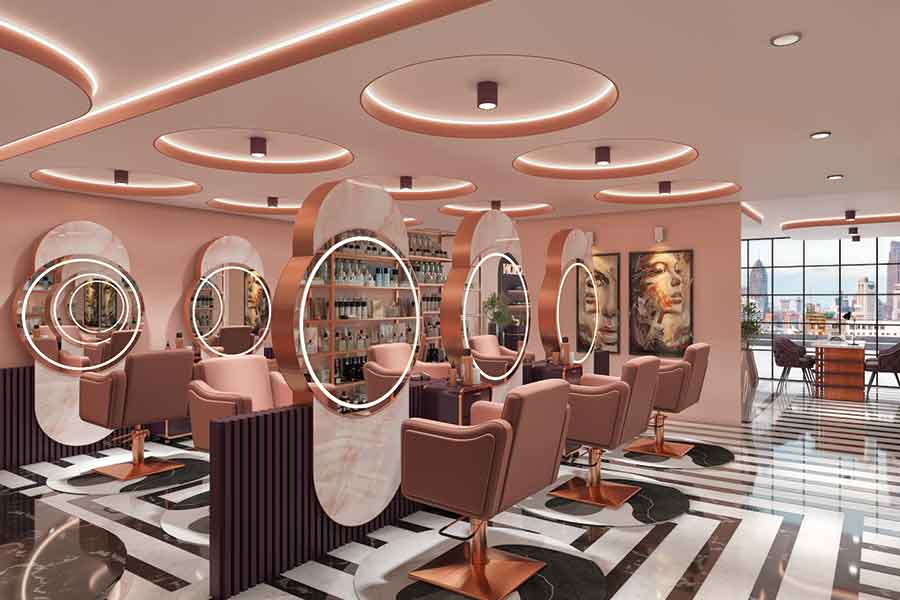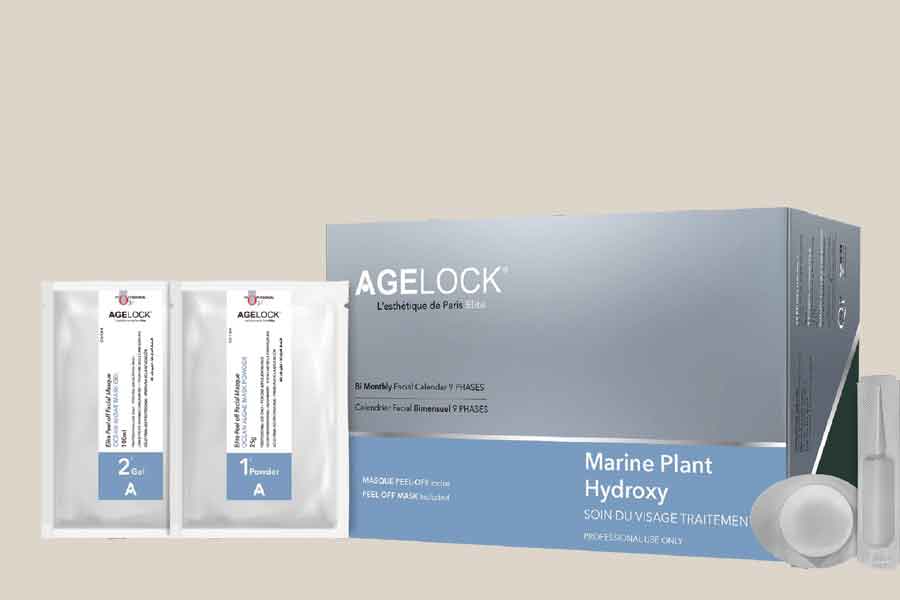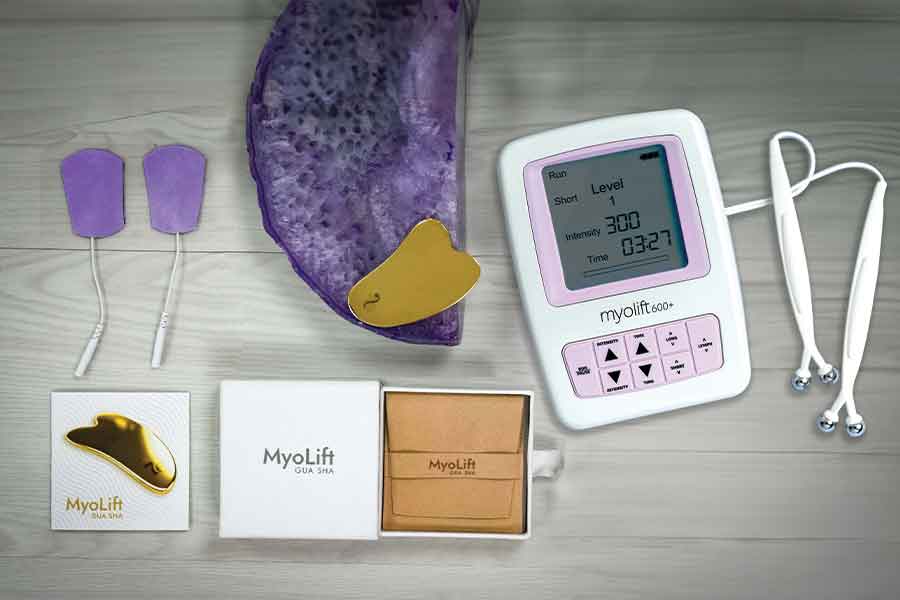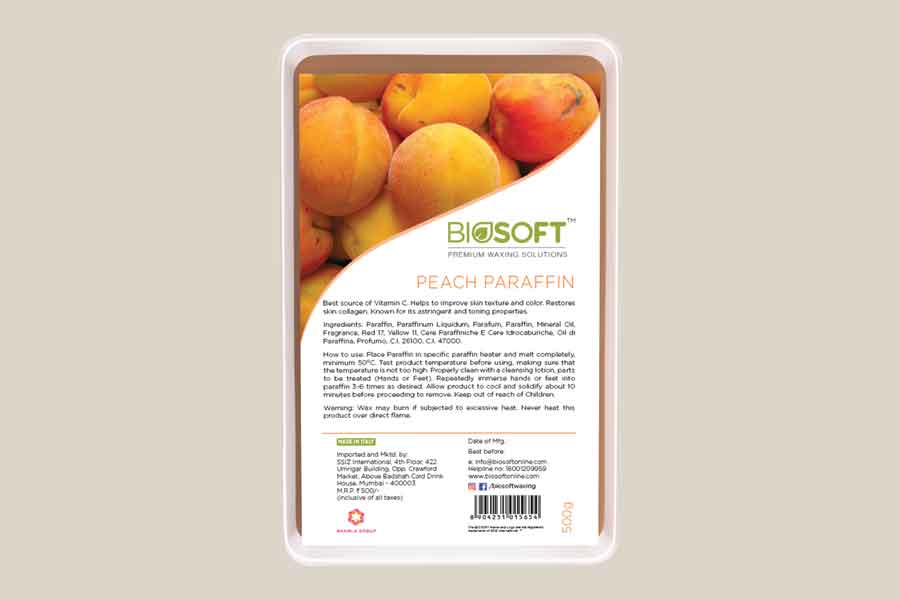Seasoned salon design architect emphasizes the importance functionality when designing a salon
In the world of design, where aesthetics often steal the spotlight, functionality remains the cornerstone for creating truly remarkable spaces. Nowhere is this more evident than in the realm of salon interiors and architecture, where every element must seamlessly blend beauty with practicality to ensure a superior experience for both clients and staff. Seasoned architect Chirag Manocha, a seasoned architect with over a decade of specialized experience in salon architecture, sheds light on the paramount importance of functionality in shaping these dynamic environments.
Efficiency and layout is important
In the fast-paced ambiance of a salon, efficiency is key but a well-thought-out layout optimizes flow and functionality. Every inch of space should serve a purpose, as meticulous planning is necessary to accommodate various salon activities without compromising comfort or convenience. From reception areas designed for smooth client check-ins to strategically positioned workstations that promote ease of movement for stylists, every aspect of the salon’s layout should be meticulously crafted to enhance operational efficiency.
It is important to emphasize ergonomic design in salon interiors. Comfortable seating, adequate lighting, and proper ventilation are non-negotiable, keeping in mind in mind the demands on the salon professionals catering to clients. Ergonomically designed furniture minimizes strain and fatigue, thus creating a conducive working environment that promotes productivity and well-being.
Selection of furniture and other materials
Functionality goes beyond spatial planning to encompass the selection of materials and furnishings. Durable, low-maintenance materials that can withstand the rigors of daily salon operations while exuding an aura of sophistication are ideal. Quality is paramount, and the materials should strike the perfect balance between aesthetics and practicality.
Incorporating cutting-edge technology is another facet of salon architecture where functionality reigns supreme. From state-of-the-art salon management software to energy-efficient lighting systems, innovative solutions can enhance operational efficiency while reducing environmental impact.
The approach to salon interior and architecture should be grounded in a holistic understanding of the needs and aspirations of both clients and salon professionals. By prioritizing functionality at every stage of the design process, spaces can be created that not only dazzle the eye but also elevate the salon experience to new heights. .








